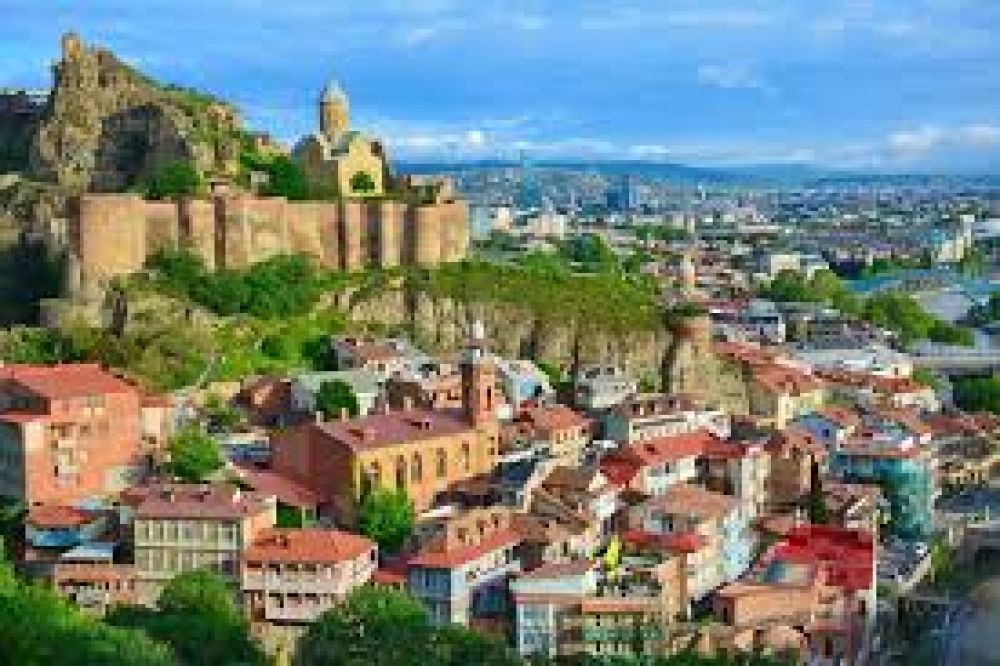

The story of tourism in Tbilisi, Georgia is a compelling narrative of cultural intersection, resilience, and revival. As the capital city, Tbilisi has long been a cultural and economic hub in the Caucasus region, with its history stretching back to its founding in the 5th century AD.
Tourism in Tbilisi began in earnest during the Russian Empire when the city was a key administrative center. Known for its hot springs and vibrant bazaars, it attracted visitors from across the empire. During this time, notable buildings such as the famed Orbeliani Baths were constructed, which continue to draw visitors today.
Throughout the 20th century, under the Soviet regime, Tbilisi maintained its status as a significant tourist destination, with a focus on domestic travel. Visitors from within the USSR would travel to Tbilisi to enjoy its unique combination of Soviet modernity and ancient history. The city was especially renowned for its cultural scene, featuring opera, ballet, theater, and film, a legacy that persists to this day.
Following the dissolution of the Soviet Union and the subsequent period of instability, tourism in Tbilisi declined. However, with the stabilization of Georgia's political situation and the introduction of economic reforms in the 21st century, Tbilisi began to witness a remarkable tourism revival.
The Georgian government recognized the potential of tourism as a pillar for economic growth and began investing in transportation infrastructure, hospitality training, and marketing campaigns. Historical sites were restored, and new attractions, such as the Peace Bridge and Rike Park, were developed to enhance the city's appeal.
In recent years, Tbilisi has become an emerging destination on the global tourism map, attracting international travelers with its rich history, eclectic architecture, vibrant food and wine scene, and friendly locals. The city has embraced sustainable tourism practices, focusing on authentic experiences that highlight its culture and traditions.
Culinary tourism has surged, inspired by Georgia's unique cuisine and the growing global interest in food and wine culture. Tbilisi's restaurants and wine cellars, some situated in centuries-old buildings, offer immersive experiences that combine traditional Georgian hospitality with culinary innovation.
Moreover, digital nomadism and remote work trends are also influencing Tbilisi's tourism sector, with the Georgian government launching programs like the Remotely from Georgia visa to attract long-term visitors who contribute to the local economy while working remotely.
Events such as the Tbilisi International Film Festival and the Tbilisi Art Fair are turning the city into a hub for the arts, drawing cultural tourism and solidifying Tbilisi's position as a regional center for creativity and innovation.
As Tbilisi continues to adapt and evolve, the tourism industry looks forward to flourishing even further, with the city's blend of ancient charm and contemporary allure promising to attract even more visitors in the years to come.